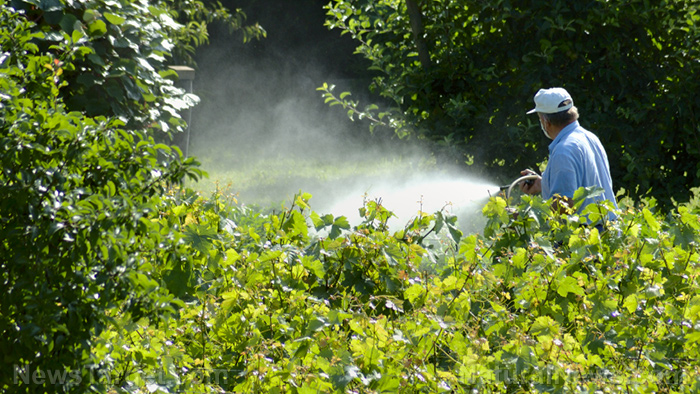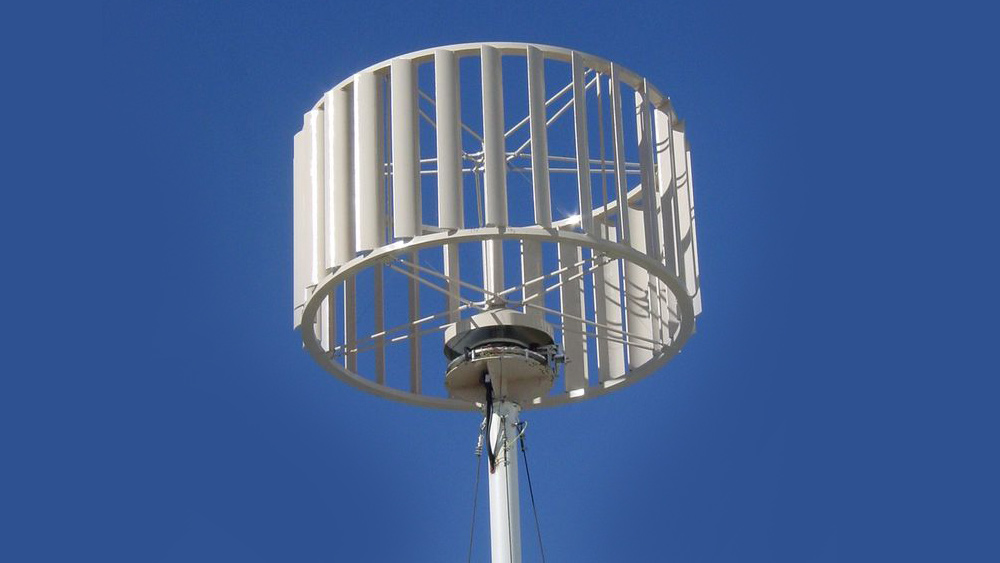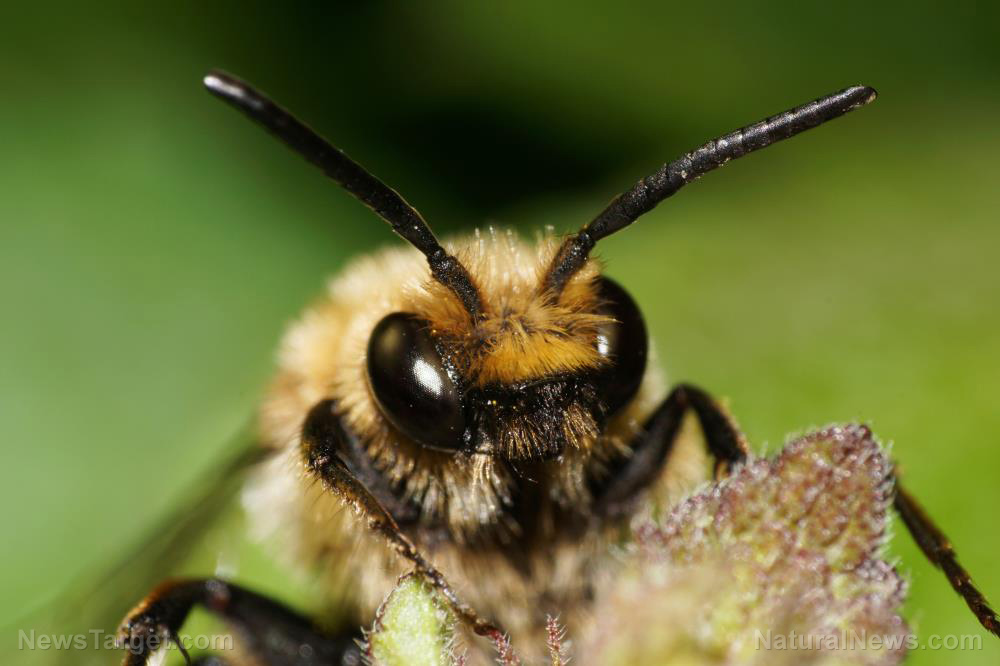Cultivating seaweed could restore oceanic dead zones, scientists conclude
07/20/2021 / By Divina Ramirez

Cultivating different species of seaweed in less than one percent of Gulf of Mexico waters could help the United States achieve pollution reduction goals, according to a study by researchers from the University of California, Santa Barbara (UCSB).
The Gulf of Mexico is infamous for its “dead zones.” These are oceanic zones with too little oxygen in the water, which is why they don’t house any aquatic life. In 2019, the gulf’s dead zones totaled nearly 7,000 square miles.
Dead zones are typically caused by nutrient pollution. This is when nutrients that would normally be beneficial, such as nitrogen and phosphorus, cause algae to grow faster than aquatic ecosystems can handle. Too much algae depletes oxygen levels in the water, making it impossible for aquatic animals and plants to survive.
Unfortunately, current approaches for reducing nutrient pollution are proving insufficient and costly. For their study, the researchers considered seaweed cultivation as a novel approach to reducing nutrient pollution in the Gulf of Mexico.
They mapped suitable areas for seaweed farms in the gulf and found more than 24,000 square miles of oceanic zones that could be used to grow seaweed.
Their findings appeared online in the journal Marine Policy.
Seaweed as a solution to nutrient pollution
According to the researchers, seaweed can help reduce the amount of nutrients in the Gulf of Mexico’s dead zones. It can also limit the resources for the unchecked growth of algae. Seaweeds also produce oxygen.
In the study, they analyzed data from the Gulf of Mexico. Over 800 watersheds across 32 states deliver nutrient-laden water to the gulf, which has led to a growing low-oxygen dead zone.

They also identified areas of the gulf suitable for seaweed cultivation. In particular, they found that roughly nine percent of the exclusive economic zone of the U.S. in the gulf could support seaweed aquaculture. Plus, growing seaweed in just one percent of the gulf’s dead zones could help mitigate nutrient pollution.
“Dealing with nutrient pollution is difficult and expensive,” Darcy Bradley, a co-author of the study and the co-director of UCSB’s Ocean and Fisheries Program, said in a news release. The U.S. alone spends more than $27 billion a year on wastewater treatment.
Therefore, sustainable and inexpensive approaches like seaweed aquaculture could save the country billions of dollars a year. Depending on farming costs and efficiency, seaweed aquaculture could be financed by existing water quality trading markets for up to $70 per kilogram of nitrogen removed, said lead author Phoebe Racine.
Seaweed aquaculture as a solution to nutrient pollution also makes sense in the long run because one of the key goals of conservation ecology is to maintain the natural balance of ecosystems, said Bradley.
Human activities tend to tip things out of balance, he added. In fact, a lot of the nutrients that end up polluting bodies of water like the Gulf of Mexico come from the tens of millions of tons of fertilizer that commercial farmers spray on their fields each year. (Related: Phosphorus from fertilizer runoff is polluting freshwater sources all over the world.)
Additionally, Bradley and his colleagues noted that the demand for seaweed in the food and industry sectors is steadily rising. Scientists have been investigating how to use seaweed to make a variety of products, including fertilizer, food and fuel. In other words, seaweed aquaculture can pay for itself and even generate revenue, said Racine.
Learn more about how cultivating seaweed can improve ocean health at OceanHealthNews.com.
Sources include:
Tagged Under:





















